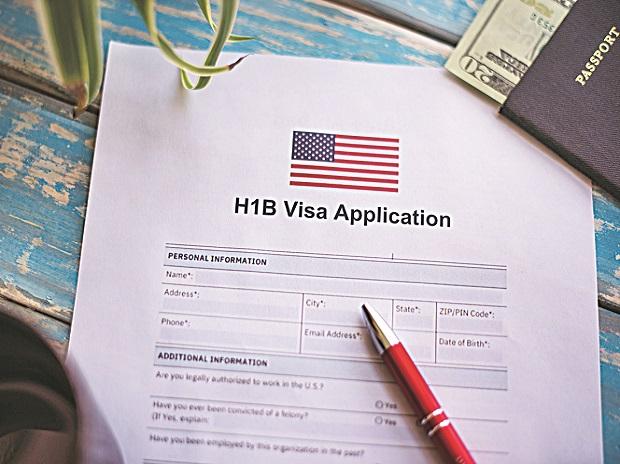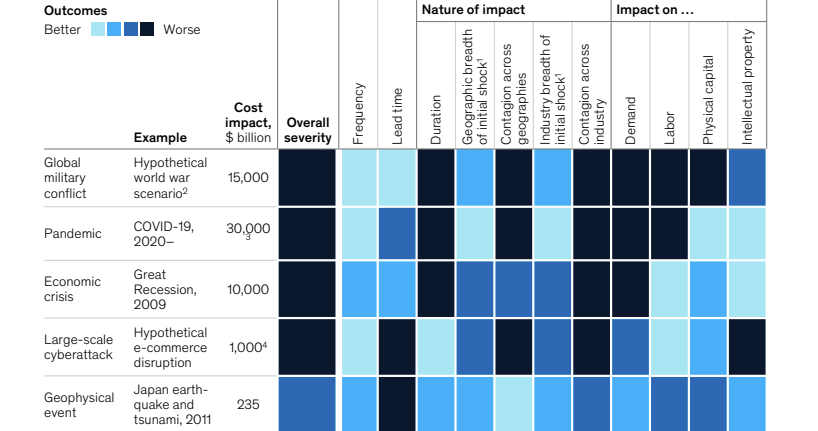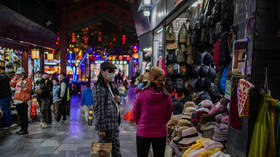BY IAN WRIGHT VIDEO / 30 COMMENTS
Ford has become a corporate leader in the fight against Covid-19. The brand was among the first automakers to respond to the outbreak by volunteering to build masks, respirators, and ventilators when it halted car production in April 2020. So far, Ford has made over 20 million face shields, 50,000 ventilators, and 32,000 powered air-purifying respirators. The automaker is also aware that people have, understandably, become "weary, beat down, and it would be easy to let our guard down now."
The advert is narrated by famed actor and Ford spokesman Bryan Cranston and will air during the Peach Bowl, Rose Bowl and Sugar Bowl on ESPN, and the Citrus Bowl on ABC. It will then be repeated during NFL games on January 3. The airtime was originally scheduled to promote Ford's vehicles, mainly the F-150 truck, which is a staple of American football advertising breaks. The new campaign promotes safety measures for the still ongoing pandemic but has an optimistic note as the distribution of the vaccine is ramping up.

"We're in this together and Ford's goal since the pandemic started has been to try to help save lives," Kumar Galhotra, Ford's president for the Americas says. "While many are weary from the challenges 2020 has thrown at us, now is the time for us to pull together, protect each other and finish strong until Covid-19 vaccines arrive more broadly. Lives are on the line."

Of course, Ford has a corporate responsibility, but there is also a strong long-term business case for this bout of advertising. Ford can't sell vehicles to dead customers, and the people suffering long term debilitating effects of the illness won't be needing a truck for work they can't do.











